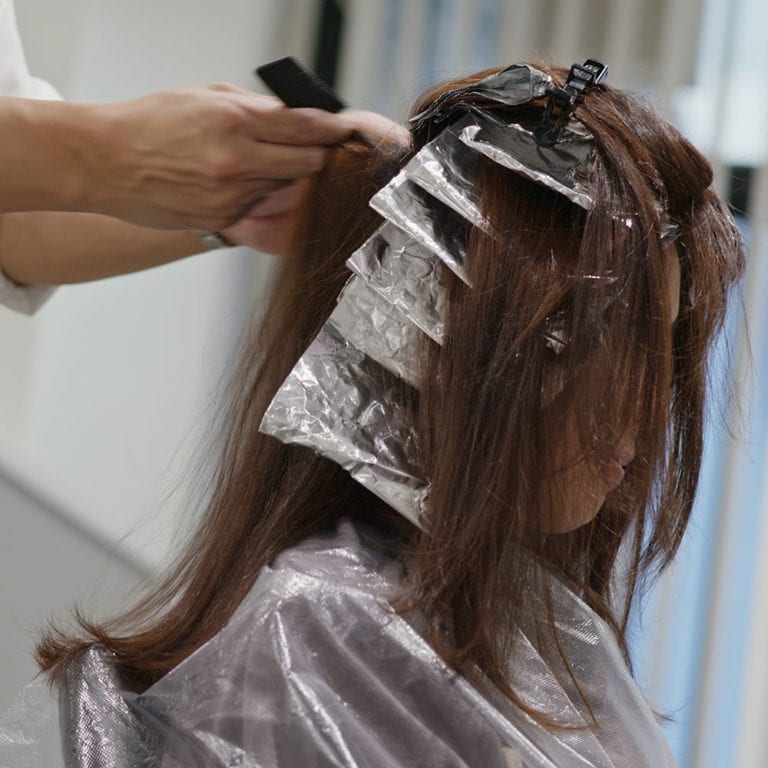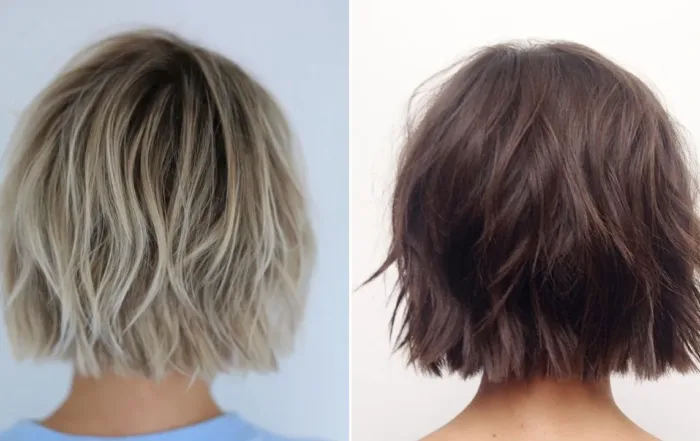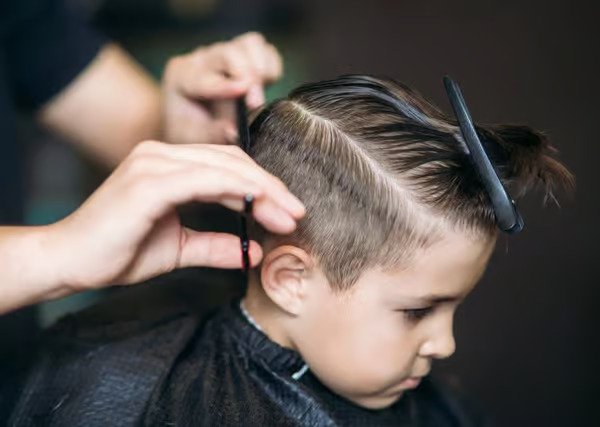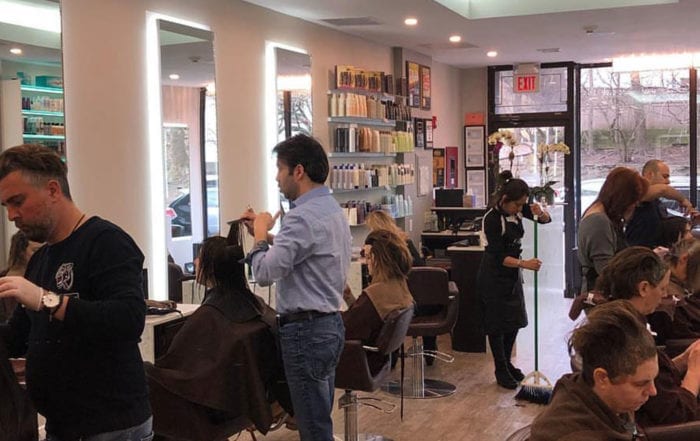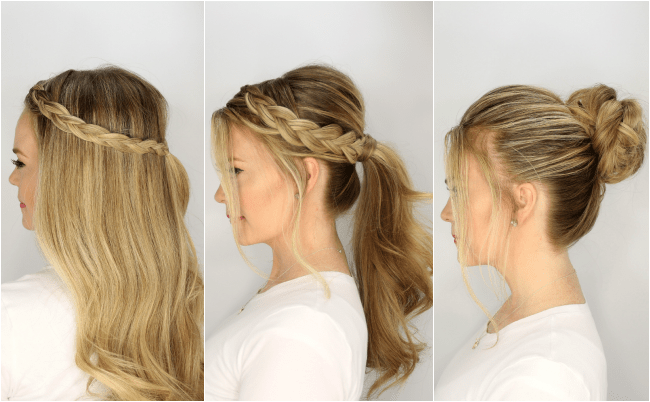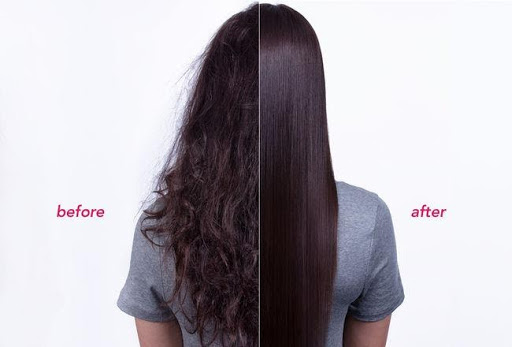The debate between organic and traditional hair color has garnered significant attention. Many people wonder, “Is organic color better for your hair?” This question is not just about aesthetics but also concerns health and long-term hair vitality. This blog post will dive into the nuances of organic hair color, comparing it to traditional options, and examining its benefits, drawbacks, and overall impact on hair health.
What Is Organic Hair Color?
Organic hair color, also known as natural hair dye, is derived from plant-based ingredients and free from synthetic chemicals. Unlike conventional hair dyes that often contain ammonia, parabens, and other harsh chemicals, organic options prioritize natural components like henna, indigo, and vegetable dyes. This approach aims to offer a safer alternative while still providing vibrant and lasting color.
Benefits of Organic Hair Color
Why Choose Organic Hair Color?
Choosing organic hair color can offer several advantages, especially for those with sensitive scalps or those concerned about the long-term health of their hair. Here’s a closer look at the benefits:
Healthier Ingredients: Organic hair colors generally avoid synthetic chemicals, reducing the risk of allergic reactions and scalp irritation. These dyes often include natural oils and extracts that can nourish the hair.
Reduced Chemical Exposure: By opting for organic dyes, you minimize your exposure to potentially harmful substances found in traditional hair color products, such as ammonia and parabens.
Eco-Friendly: Organic hair dyes are typically produced with environmental sustainability in mind. They often come in eco-friendly packaging and use natural ingredients that have a lower impact on the environment.
Gentler on Hair: Many users report that organic hair colors are less damaging to hair structure compared to their chemical counterparts. This can lead to healthier, shinier hair with fewer split ends.
Organic vs. Traditional Hair Color
Is Organic Hair Color Healthier for Your Hair Compared to Conventional Dyes?
When comparing organic hair color to traditional options, several factors come into play:
Chemical-Free Formulas: Traditional hair dyes often contain ammonia and other harsh chemicals that can weaken hair over time. Organic dyes, on the other hand, use natural ingredients that are less likely to cause damage.
Color Longevity: While organic hair colors may not always offer the same level of color intensity or longevity as chemical dyes, advancements in formulation have improved their performance significantly.
Scalp Sensitivity: If you have a sensitive scalp or are prone to allergic reactions, organic hair color can be a gentler option, reducing the risk of irritation.
Healthier Hair Color Options
What Are the Advantages of Using Organic Hair Color Over Regular Hair Dye?
The advantages of choosing organic hair color extend beyond immediate health benefits. Here’s a breakdown of why you might opt for organic over regular hair dye:
Nutrient-Rich Formulas: Organic dyes often include nourishing ingredients like essential oils and botanical extracts that can improve hair health and shine.
Reduced Environmental Impact: By supporting organic products, you contribute to more sustainable practices within the beauty industry, which can lead to positive environmental impacts.
Less Risk of Toxicity: Organic hair colors minimize the risk of exposure to harmful chemicals, which is beneficial for overall health and well-being.
Organic Hair Color Pros and Cons
How Does Organic Hair Color Impact the Health of Your Hair?
While organic hair color offers numerous benefits, it’s essential to weigh the pros and cons:
Pros:
- Reduced Chemical Exposure: Less risk of adverse reactions and long-term health issues.
- Environmental Benefits: Supports sustainable practices and reduces ecological footprint.
- Gentler on Hair: Often less damaging compared to traditional dyes.
Cons:
- Color Performance: May not deliver the same level of vibrancy or longevity as chemical dyes.
- Cost: Organic hair color can sometimes be more expensive than conventional options.
- Availability: Limited availability in some regions or salons.
Conclusion
Choosing between organic and traditional hair color is a personal decision influenced by factors like health, environmental concerns, and aesthetic preferences. Organic hair color offers a healthier, eco-friendly alternative with several benefits for your hair and the environment. However, it’s essential to consider the potential drawbacks and weigh them against your individual needs and preferences.
By staying informed and exploring all available options, you can make a choice that aligns with your values and supports the health of your hair.


